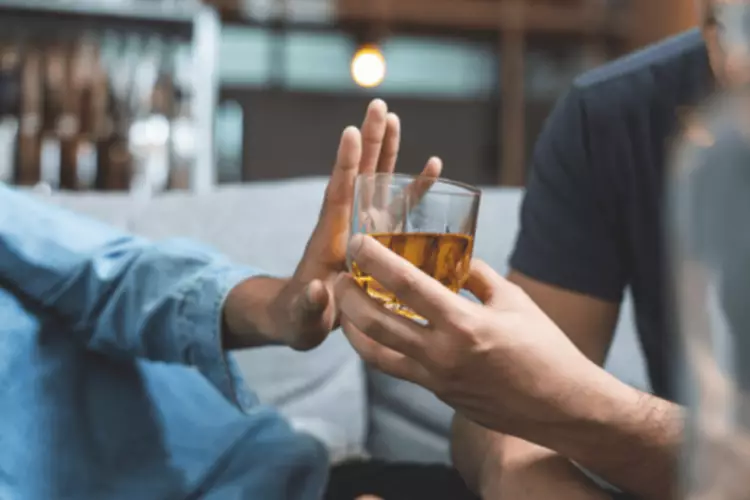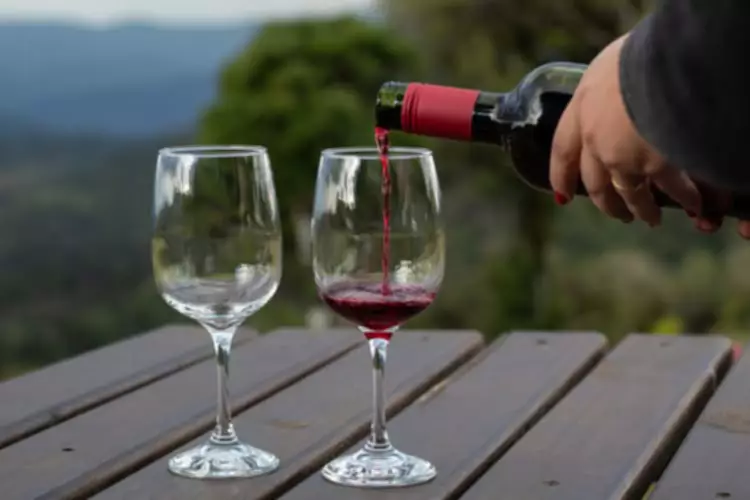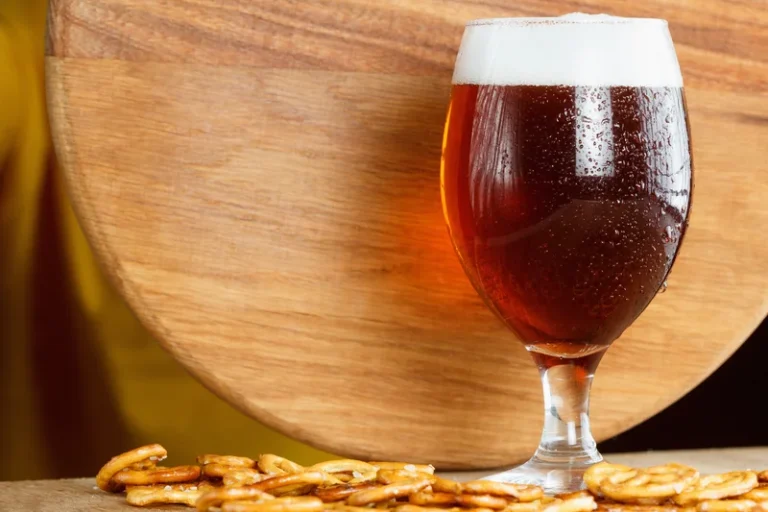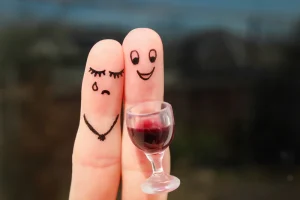Our muscles need to receive a message from nearby nerves in order to function. When this message is interrupted due to damaged alcohol and bruising nerves, the muscles cannot function as they normally would. This most often manifests with weakness of the hands and feet.
- Treatment may include chemotherapy, radiation, and bone marrow transplantation.
- If you’re experiencing easy bruising, you might have questions about what’s causing it and what you can do about it.
- This condition has a high mortality rate and is not reversible.
- During her first practice back after the operation, things felt…off.
- Because denial is common, you may feel like you don’t have a problem with drinking.
- Vitamin K supplements or foods rich in vitamin K can help support blood clotting and reduce the likelihood of bruising, especially for individuals who consume alcohol regularly.
Untreated Alcoholic Liver Disease Complications
Vitamin K supplements or foods rich in vitamin K can help support blood clotting and reduce the likelihood of bruising, especially for individuals who consume alcohol regularly. Yes, alcohol consumption can thin the blood and make blood vessels more susceptible to rupture, increasing the likelihood of bruising. In many cases, people with alcohol-related liver disease (ARLD) do not have any noticeable symptoms until their liver is badly damaged. This helps to relieve pain and drain fluid away from the bruised area. This gives you the perfect chance to rest and relax, which can also help the healing process.
Health Categories to Explore

Because an abrasion has a larger area to grow new skin, it might heal better with a thin layer of antibiotic ointment. These dry to provide a protective coating to maintain proper moisture and should not be applied over an ointment. Normally when you stand up, gravity pulls the blood down to your legs, Dr. Bart explains, and your nervous system senses and corrects for that by getting your blood pumping up to your head. “You might get this pool of blood in your legs and not enough blood to your brain, so you feel lightheaded, dizzy, or have palpitations,” she notes. Contact your GP for advice if you have a history of regular alcohol misuse.
Confirming Alcoholic Liver Disease Through Diagnosis
Most bruises eventually disappear as the body reabsorbs the blood, although healing might take longer as you age. It might help to elevate the affected area and apply ice. Because denial is common, you may feel like you don’t have a problem with drinking. You might not recognize how much you drink or how many problems in your life are related to alcohol use.

Wrap the ice pack before you put it on so you don’t freeze your skin, and don’t leave it on for more than 15 minutes at a time. Alcohol impairs your cerebellum, the part of your brain that’s responsible for coordinating your movements, Swartzwelder says. So after a few drinks, you start to become more clumsy. Plus, you’re more susceptible to an accidental fall or bump after you’ve been drinking, anyway. Sometimes, alcoholism and bruising can go hand-in-hand.
Can alcohol-induced bruising be a sign of an underlying health condition?
They combine with proteins called clotting factors to form a clot. The clot plugs the broken blood vessel and stops it from bleeding. Bone bruises usually last longer (1-2 months) than soft tissue bruises, and they’re more painful, but most will heal with rest and the same home care as for other types of bruises.

Causes of Alcoholic Neuropathy
- You can use a reusable ice pack, a bag of ice, or a bag of frozen vegetables wrapped in a cloth or towel.
- The reduced platelet count and stickiness of already circulating platelets prolong bleeding time from injuries, leading to visible bruises.
- Large areas of blue or purple discoloration or swelling appearing for no apparent reason should prompt a call to the doctor.
Adults with low vitamin K levels may also notice a sudden increase in bruising. A person with a genetic bleeding disorder has a higher risk of bruising and excessive, possibly life threatening bleeding. The bruises will look like regular bruises, but they can be larger. Immune thrombocytopenia (ITP) is a bleeding disorder in which the blood doesn’t clot properly.
- Alcohol impairs your cerebellum, the part of your brain that’s responsible for coordinating your movements, Swartzwelder says.
- Early treatment can reverse alcoholic fatty liver disease.
- It can be debilitating, and it has no cure, although a combo of lifestyle modifications and medications can help.
- In conclusion, alcohol consumption can indeed contribute to bruising by thinning the blood and making blood vessels more susceptible to rupture.
Top doctors in ,
Depending on the wound, it can usually be sutured if it is less than 24 hours old. Dr. Wilson says that people with POTS frequently have issues with their sleep. The prolonged horizontal posture can be a problem, and it can lead to insomnia, sleep disturbances, and daytime sleepiness as a result.

We’re transforming healthcare
It may occur due to a tumor in the adrenal glands or pituitary gland in the brain. Long-term use of medications that have cortisol-like components, such as steroids, can also lead to Cushing syndrome. Bruises are a normal response to an injury or trauma such as a fall, a cut, or bumping into something hard, like furniture. These injuries can cause blood vessels near the surface of the skin to rupture. The blood from the vessels leaks into the tissues under the skin and gets trapped there, forming a bruise. Read on to learn how heavy drinking can make you more susceptible to bruising and how you can prevent this condition from worsening.
admin July 17th, 2020
Posted In: Sober living
